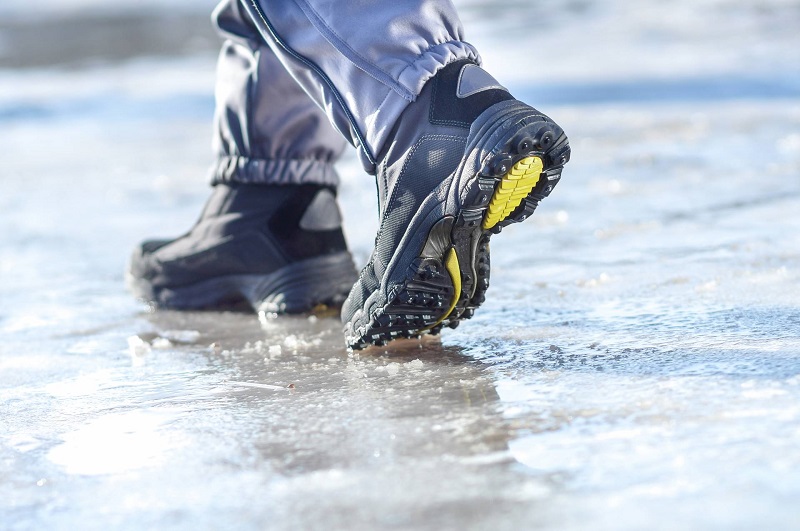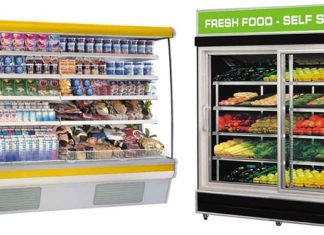Although safety boots aren’t the most flashy and lightweight footwear you can take to work, they’re essential in a wide range of working environments. They offer optimum protection which can affect your productivity. The benefits of wearing work boots far outweigh the disadvantages that I just mentioned, and if you work in an industrial setting, they’re definitely worth getting for numerous reasons.

Optimum Protection
Just like any other piece of work wear, safety boots protect your feet against slips, trips, burns, and punctures. They’re made of durable materials that can withstand abuse and workplace hazards. There are many different types of safety boots, so it’s important to make sure you find a pair that will fit the job you’re doing. For instance, if you’re going to be exposed to high-voltage machines and electricity, you should get electric hazard boots. Or, if you’re going to be handling heavy industrial materials, you should pick safety-toed boots.
Proper Support
Although usually heavy, safety boots are great in terms of supporting proper posture. Since most workers in industrial settings will have to spend long time periods standing, safety work boots can help make sure their feet are supported and cushioned. By promoting comfort, workers will experience less fatigue. As a result, safety boots will reduce the strain on the muscles of the lower extremities and thus, reduce the chances of developing chronic musculoskeletal disorders.
Protection Against Extreme Weather
Extreme weather can be the cause of many health problems. For example, low temperatures can reduce blood circulation in the feet. If exposed to low temperatures for an extended time period, this may lead to nerve damage and worse conditions. Further, there are medical conditions that can be aggravated by extreme weather, such as Reynaud’s Syndrome, which basically causes the extremities to turn purple as a result of poor blood circulation. That being said, not all work safety boots offer great insulation, so look for a pair that’s made of materials that do.
They Help Keep Your Work
Contrary to popular belief, your employer isn’t the only one responsible for work safety compliance. Every worker is responsible for their own safety at the workplace. Under OSHA Standards, your employee can send you home if you fail to act and dress in a safe manner, and they’re allowed to terminate your employment. That being said, for your own safety, make sure you wear protective work wear at all times.














